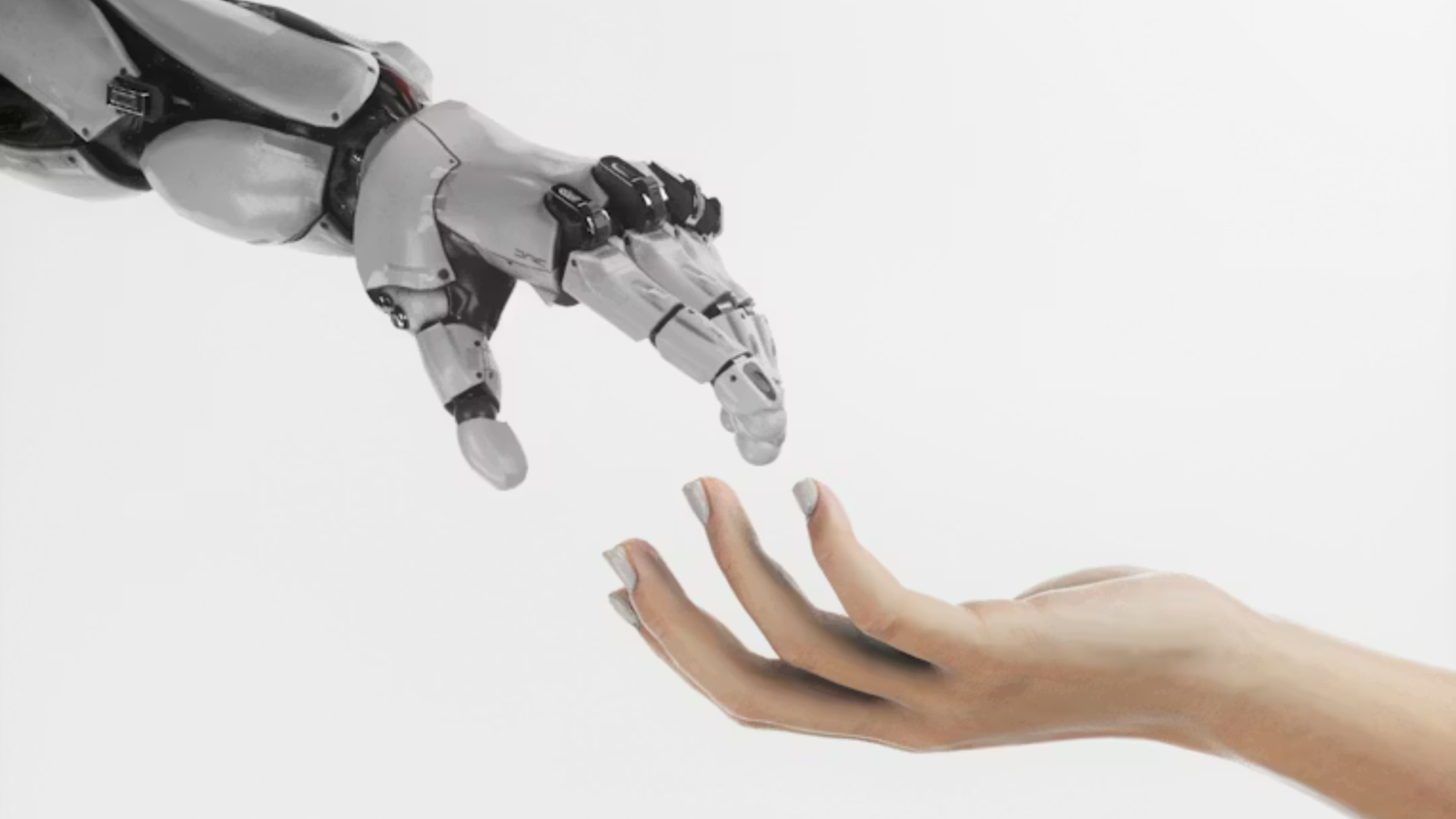AI narration: hope or hindrance to audio creation?

Photo: Cash Macanaya

The conversation around AI narration has awakened a historic tension, one that emerges at the dawn of every technological epoch. The tension is not just about the capabilities of AI itself, but the gnawing uncertainty of what it means for humans.
This anxiety is not new. From the advent of electricity to the digitisation of music, every era of disruption has been met with concern, only for society to eventually adapt, whether seamlessly or grudgingly, to a new age. The case of AI narration, and AI more broadly, is at the front and centre of this cycle.
Replacement anxiety
A telling example of this unfolded on the BBC’s Sidetracked podcast, where musician Imogen Heap faced scepticism from hosts Annie MacManus and Nick Grimshaw while discussing her AI tool, Mogen, which she believes can be used to co-create vocals, melodies, and remixes under her creative control. Their initial discomfort stemmed not from the tool’s functionality, but what they thought it symbolised, a synthetic encroachment on an innately human domain. Yet, as Heap clarified Mogen’s reliance on her artistic input, their stance softened. Heap made clear that the tool was not a replacement but an enabler of her creative process.
This discomfort is echoed in broader public sentiment around AI. When asked about AI narration, consumers often claim they prefer a human voice yet are increasingly unable to distinguish AI-generated narration from that of a real person. This aversion feels like it speaks to something else, an almost innate mistrust, a sense that something ineffable might be lost, even if we cannot verbalise what that is.
Steven Bartlett, the entrepreneur-cum-podcaster, recently engaged directly with this tension. He created an AI clone of his voice, reasoning that if AI narration was inevitable, he would rather control its use than allow others to replicate him. This move was pragmatic but provocative. If trusted human voices are being digitally duplicated, what does that mean for how we experience and value audio?
Featured Report
India market focus A fandom and AI-forward online population
Online Indian consumers are expected to be early movers. They are high entertainment consumers, AI enthusiasts, and high spenders – especially on fandom. This report explores a population that is an early adopter, format-agnostic, mobile-first audience, with huge growth potential.
Find out more…The darker technological potential of AI
This touches on a deep and more troublesome issue. AI voice technology does carry risks, particularly the potential for deepfake audio to mislead and manipulate. We are all saliently aware of the risk of synthetic voices mimicking public figures or fabricating emotional testimonies and how this can rattle democracy to its core.
This nervousness is understandable, yet the fundamental issue lies not in the technology’s inherent properties, but in its application. Like nuclear energy or social media before it, AI voice technology carries inherent dual-use potential. The technology itself is neutral; it is human application that determines its impact. The critical question is not whether we should develop these tools (that ship has sailed), but rather what ethical safeguards we must implement to govern their use. This is not about resisting progress, but about shaping it responsibly through thoughtful regulation and industry standards.
The Human in the Loop
The crux lies in redefining authorship. Does AI dilute human creativity, or redistribute it? The answer hinges on retaining human-in-the-loop oversight. Narration is more than vocal cadence; it is tonal nuance, emotional resonance, and contextual awareness, elements still dictated by human intent. For example, AI-generated audiobooks require writers to input stylistic guidelines, ensuring synthetic voices align with narrative tone.
Many creatives, especially those with limited scope or budget, find that AI helps rather than hinders them creatively. When they no longer need to worry about the costs of hiring a studio, voice talent, or the latest sound booms and video tools, allthat is left is to be creative and they can then focus their efforts on letting that creativity thrive.
Embrace AI with care
So, is AI narration a hope or a hindrance? Unfortunately, the truth is far more complex than the title of this blog suggests. It has the potential to either elevate or erode the quality and authenticity of audio, depending on how it is used. What is clear is that resistance based purely on gut reaction or principle is unlikely to hold up against the tide of innovation.
The way forward is not to reject AI narration outright, but to approach it with critical scrutiny. Those who oppose it must do so based on evidence, not instinct. Tools evolve but is how we choose to wield them that defines the outcome.
AI narration may well be the future. For now, creators need to make sure they stay in the loop, not bury their heads in the sand; if they do that, AI’s role in audio creation does not have to be a threat.

The discussion around this post has not yet got started, be the first to add an opinion.